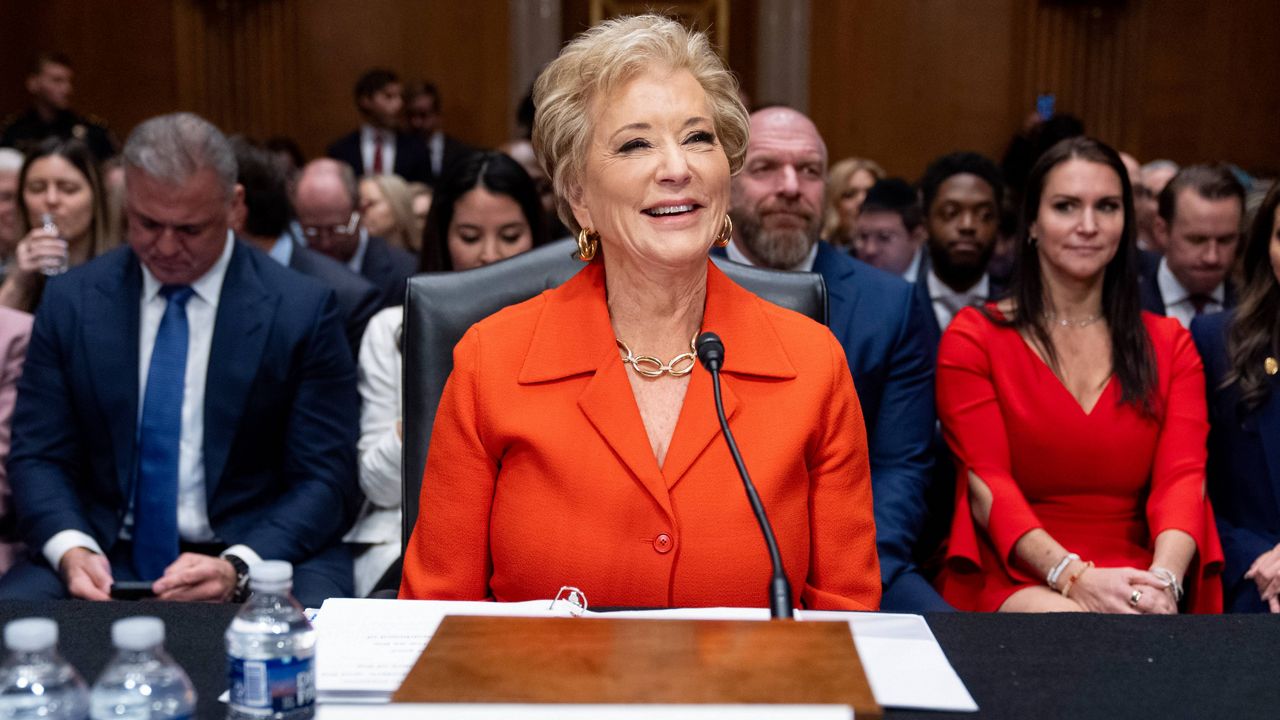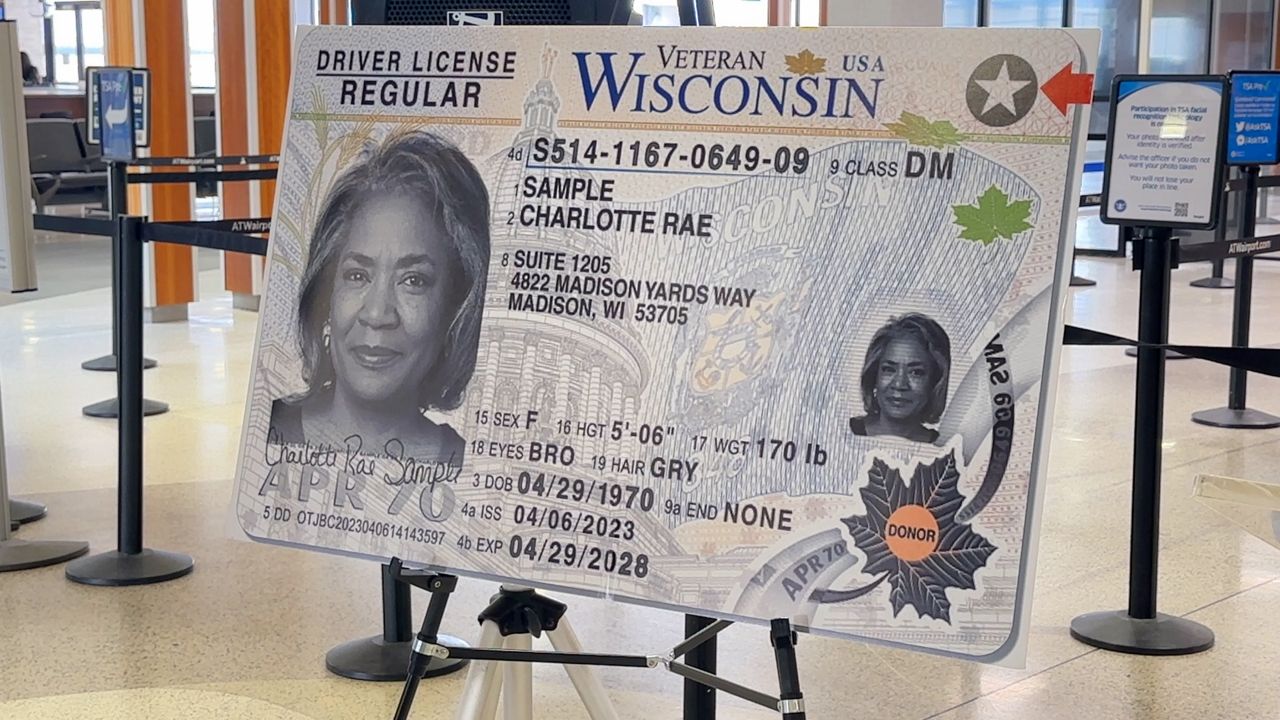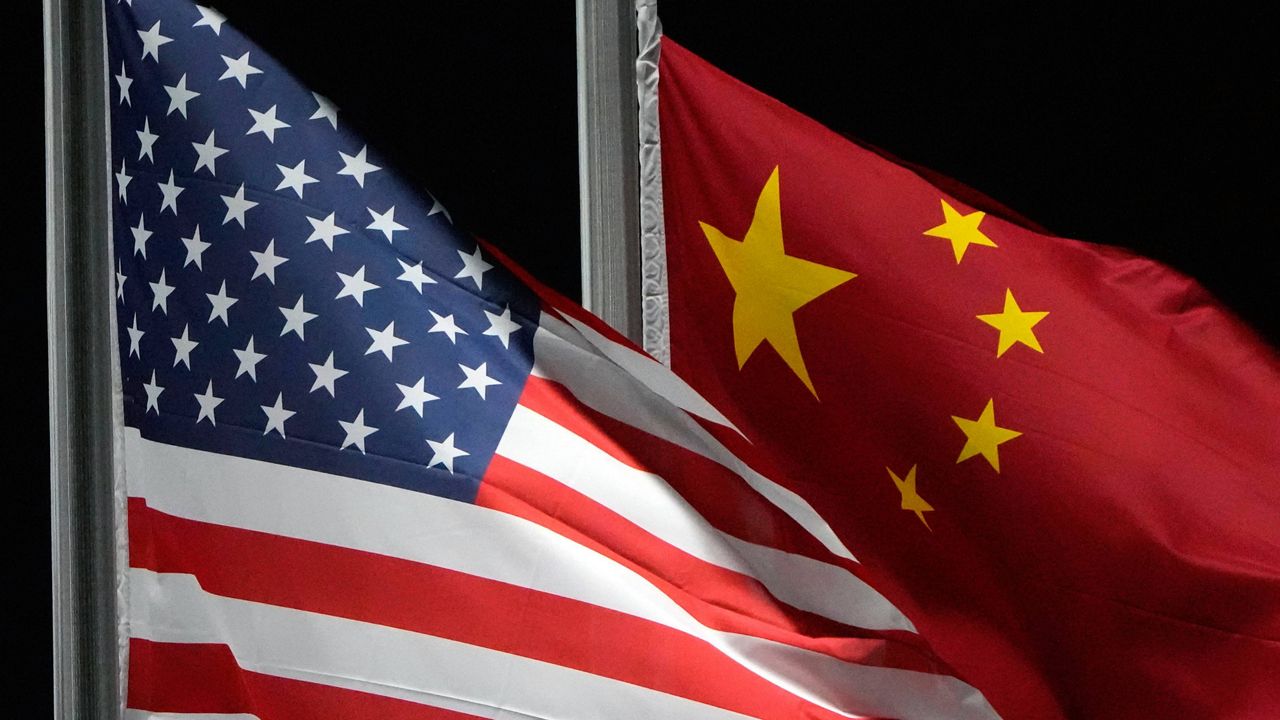WASHINGTON — When Gov. Greg Abbott was the Texas attorney general, he once famously said, “I go to the office. I sue the federal government. Then I go home."
Current Attorney General Ken Paxton is continuing that tradition, and now, the Biden administration is accusing Texas of tilting the playing field. Department of Justice officials believe Paxton is deliberately bringing lawsuits before federal judges who will look more favorably upon them.
In the past, Paxton has boasted about suing President Joe Biden more than two dozen times. After he filed his latest suit, Biden’s Justice Department filed a motion accusing Texas of “judge shopping,” the process of taking cases to federal courts where it’s almost certain a judge appointed by former President Donald Trump will take them up.
In a legal brief, Texas replied, saying the defendants, in this case the administration, “lack the courage of their convictions.” It went on to say “there is no evidence to support such a slur, and the long history of the federal courts demonstrates that a slur is all it is.”
Stephen Vladeck, the Charles Alan Wright chair in federal courts at the University of Texas School of Law, has been tracking Texas’ practice.
“Our civil litigation system depends upon random assignment of judges as one of the hallmarks of fairness — the idea that you can't manipulate the specific judge. You're going to get just by where you file or when you file. This practice that Texas is engaging in runs squarely into that principle,” Vladeck told Spectrum News. “Why is Texas so desperate to file their lawsuits, not where it would be convenient in Austin, or at the border, but in Amarillo or in Victoria. If the answer is because they think those judges are going to rule in a different way from judges they'd be randomly assigned to in Dallas or Houston or Austin, I think that says quite a lot about why this practice is problematic.”
Paxton’s latest challenge is to a Biden administration parole program that enables immigrants from certain countries to work in the U.S. even before they get a visa. That case was filed in Victoria, Texas, before a judge who previously sided with the state in its fight to block the Biden administration’s immigration enforcement guidance.
“Throughout the country, there are many divisions with a single judge, or there might be [a] division with two judges who tend to vote in a similar fashion. It's very predictable and very normal for lawyers to pick the forum that best suits them,” said Josh Blackman, a constitutional law professor at South Texas College of Law Houston. “People only complain when there's only one judge, and you get to pick the jurors that you want. So I think the DOJ motion is sort of novel. I don't think it's going to work. But I think it really punishes litigants for choosing the form that's best for them.”
Blackman said it’s common for attorneys to file suits in courts they think will be more favorable to them. He said Democratic attorneys general did this during the Trump presidency, too.
“Underlying the DOJ motion is a belief that these judges are just partisans, that they'll do whatever Texas wants because [of] its Republican attorney general. And I think that's most insulting to the judges there. These judges work hard to try to get the law right,” Blackman told Spectrum News. “The idea that these judges are these partisan hacks is really dangerous, and DOJ is feeding into this sense that these judges are not really practicing law, they're doing something else like politics.”
The DOJ is asking that Paxton’s latest lawsuit be transferred to a court in Austin, Texas, or in Washington, D.C., where it would be randomly assigned to a judge.
“If Texas is so confident in the rightness of their claims and the strength of their arguments, why did they have to go all the way across the state to handpick judges to hear them?” Vladeck said.
These lawsuits often deal with Biden’s border policies and some attorneys warn, in the absence of congressional action on immigration, that states will continue to challenge presidents of both parties, tying up these policies in litigation.









